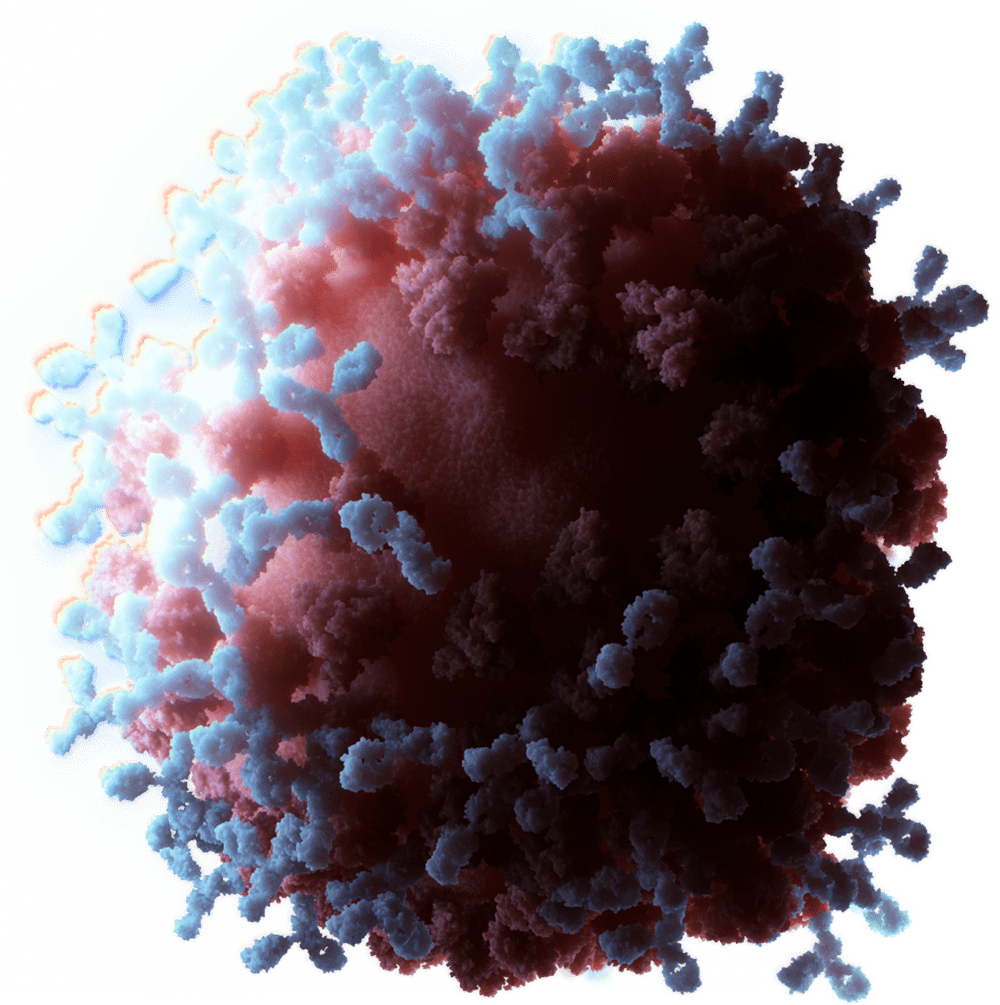 |
Edmond Fischer
Emeritus Professor of Biochemistry efischer[at]uw.edu |
Honors
1992 Nobel Prize in Physiology or Medicine, with fellow Biochemistry Professor Edwin Krebs
| 1952 | Werner Medal, Swiss Chemical Society |
| 1956-1959 | Lederle Medical Faculty Award |
| 1963-1964 | Guggenheim Foundation Award |
| 1963-1964 | Special Fellowship Award, NIGMS, NIH |
| 1968 | Prix Jaubert, University of Geneva |
| 1972 | American Academy of Arts and Sciences |
| 1973 | National Academy of Sciences |
| 1988 | Senior Passano Foundation Award, Baltimore |
| 1991 | Steven C. Beering Award |
| 1993 | Spanish Royal Academy of Sciences, Foreign Associate |
| 1994 | Venice Academy of Sciences, Arts and Letters, Italy |
| 1994 | Honorary Member, Japanese Biochemical Society |
| 1998 | Royal Academy of Medicine and Surgery, Cadiz, Spain |
| 1998 | Honorary Member, Faculty of Medicine of Cadiz, Spain |
| 1998 | Bert and Kugie Vallee Visiting Professor, Harvard Univ |
| 1998 | Honorary Member, Pediatria Extrahospitalaria de Cadiz |
| 2000 | Korean Academy of Science and Technology, Seoul, Korea |
| 2004 | European Academy of Sciences |
| 2004 | Honorary Professor, Jilin University, Changchun, China |
| 2004 | Honorary Director, “Edmond H. Fischer Signal Transduction Laboratory”, Jilin University, Changchun, China |
| 2004 | Honorary Professor, Hunan Normal University, Changsha |
| 2005 | Lifetime Achievement Award, Miami Winter Symposium |
| 2007 | Honorary Citizen, City of New Orleans |
| 2008 | Washington State Academy of Sciences |
| 2009 | Medal of the International Union of Biochemistry and Molecular Biology |
| 2010 | Foreign Member, The Royal Society |
Research
This group has been mainly concerned with the regulation of cellular processes by protein phosphorylation, particularly tyrosine phosphorylation. Tyrosine phosphorylation has been implicated in cell growth, proliferation, differentiation and transformation initiated by tyrosine kinases of cellular or viral origin, or linked to hormones and growth factor receptors. Of major interest has been the structure and function of protein tyrosine phosphatases (PTPs) required to catalyze the reverse reaction. Several members of this diverse family of enzymes have been isolated in homogeneous form from various tissues, cloned from various libraries and expressed in different cell types. They represent both transmembrane receptor forms and intracellular enzymes; they are homologous in terms of their catalytic domains but vary greatly in the structure and function of their non-catalytic segments. Special attention is being paid to a family of intracellular PTPs having two SH2 (src-homology 2 domains). Efforts are being made to determine their involvement in signal transduction, sytoskeletal reorganization and cell cycle regulation. Depending on the form of enzyme involved, PTP can act synergistically or antagonistically with the tyrosine kinases in either promoting or preventing neoplastic transformation.
Selected Publications
Purification and Characterization of a Protein Tyrosine Phosphatase Containing SH2 Domains,” Z. Zhao, P. Bouchard, C.D. Diltz, S-H Shen and E.H. Fischer, J. Biol. Chem, 268, 2816 (1993).
“Suppression of v-fms-induced transformation by overexpression of a truncated T-cell protein tyrosine phosphatase,” Zander, N.F., Cool, D.E., Diltz, C.D., Rohrschneider, L.R., Krebs, E.G. and Fischer, E.H. Oncogene, 8, 1175 (1993).
“Multiple Forms of the Human Tyrosine Phosphatase RPTP alpha”, G. Daum, S. Regenass, J. Sap, J. Schlessinger and E.H. Fischer, J. Biol. Chem., 269, 10524 (1994).
“Phorbol ester-induced expression, phosphorylation and translocation of protein-tyrosine-phosphatase 1C in HL-60 cells,” Z. Zhao, S-H Shen and E.H. Fischer, Proc. Natl. Acad. Sci. USA, 91, 5007 (1994).
“Identification and Purification of a Chicken Brain Neuroglia-associated Protein,” F.F. Solca, D.I. Lurie, C.D. Diltz, R.S. Johnson, S. Kuman, E.W. Rubel and E.H. Fischer, J. Biol. Chem., 269, 27559 (1994).
